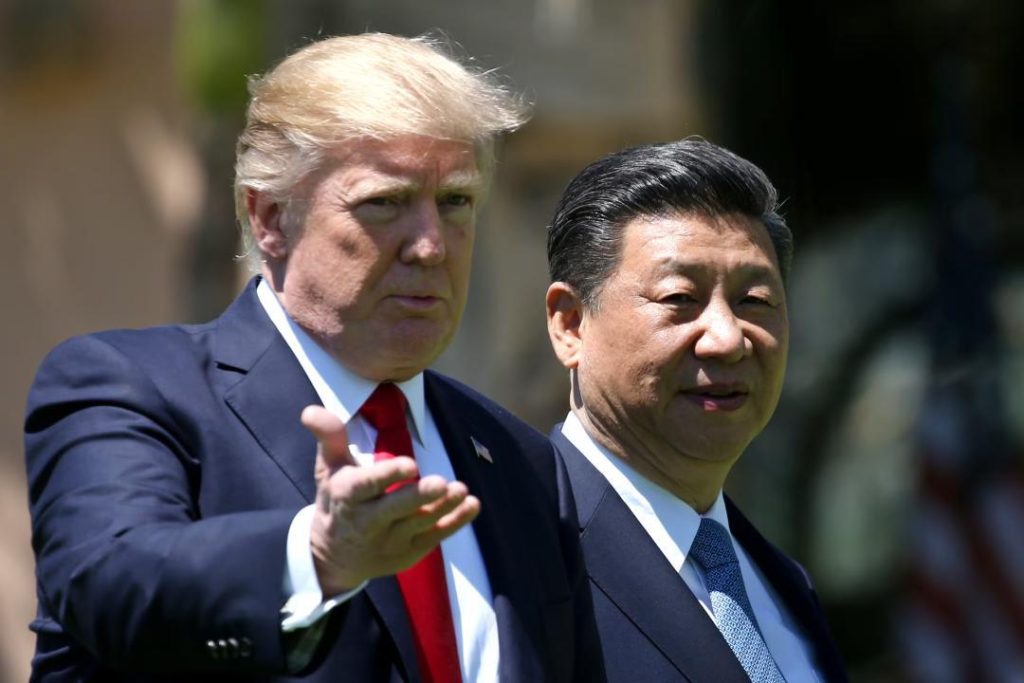
Tariff Impact on Developing Nations to be Worse than Aid Cuts: UN
The ongoing trade war between the United States and China has far-reaching consequences, not just for the two countries involved, but also for the global economy. Developing nations, in particular, are likely to bear the brunt of the impact, with the United Nations warning that the effects of tariffs could be worse than cuts to foreign aid.
Pamela Coke-Hamilton, the director of the United Nation’s trade agency, made the stark warning on Friday, stating that global trade may shrink by as much as 3-7% due to the tariffs imposed by the US and China. The US has slapped a 145% tariff on China, while the latter has retaliated with a 125% tariff.
The impact of these tariffs will be felt most acutely in developing countries, which rely heavily on international trade to drive their economies. These countries often have limited resources and infrastructure, making it difficult for them to adapt to sudden changes in global trade patterns.
Developing countries are already vulnerable due to their limited economic resilience, and the tariffs will only exacerbate this vulnerability. The impact will be felt across various sectors, including agriculture, manufacturing, and services. For example, if a developing country relies heavily on importing certain raw materials or machinery, a tariff imposed by the US or China will make these goods more expensive, leading to increased costs and reduced competitiveness.
Furthermore, the tariffs will also have a ripple effect on the global supply chain, leading to reduced trade volumes and increased uncertainty. This will not only affect the economies of developing countries but also have broader implications for global economic growth.
The impact of the tariffs will be worse than cuts to foreign aid for several reasons. Firstly, aid is often targeted towards specific development programs, such as education and healthcare, which can have a direct impact on the well-being of people in developing countries. Tariffs, on the other hand, have a broader impact on the economy, affecting multiple sectors and industries.
Secondly, aid is often provided by governments and international organizations, which can be more transparent and accountable than the complex global supply chains affected by tariffs. The impact of tariffs can be more difficult to track and measure, making it harder to assess their effectiveness or identify areas for improvement.
Finally, aid can be adjusted or redirected in response to changing circumstances, whereas tariffs are more difficult to change or reverse once they are implemented. The impact of tariffs can be long-lasting, making it essential for developing countries to find ways to adapt and diversify their economies.
So, what can developing countries do to mitigate the impact of the tariffs? Firstly, they can diversify their trade partners to reduce dependence on the US and China. This may involve increasing trade with other countries, such as those in the European Union or the Association of Southeast Asian Nations (ASEAN).
Secondly, developing countries can focus on investing in their own economies, rather than relying on foreign aid or trade. This can involve investing in infrastructure, education, and healthcare, as well as promoting domestic entrepreneurship and innovation.
Thirdly, developing countries can work together to promote their interests and negotiate better trade deals. This can involve forming regional trade agreements or joining international organizations that promote free and fair trade.
Finally, developing countries can also work with the US and China to find a way to resolve the trade dispute. This may involve negotiating a new trade agreement that addresses the concerns of all parties involved.
In conclusion, the impact of the tariffs imposed by the US and China on developing nations will be severe and far-reaching. The UN’s warning that the effects of the tariffs could be worse than cuts to foreign aid highlights the importance of finding ways to mitigate this impact. Developing countries must diversify their trade partners, invest in their own economies, and work together to promote their interests. By doing so, they can reduce their vulnerability to the tariffs and promote sustainable economic growth.






